Belgian director Lukas Dhont’s debut Girl was a sensation at the Cannes Film Festival, where the film was selected in 2018 in the Un certain regard section with a balance of four awards (FIPRESCI, Best Actor, Queer Palm and Caméra d’Or), thus beginning a blazing career in exhibition (with a budget of $1.5 million it made a worldwide box office of over four ) and on the awards circuit.
It was therefore inevitable, as has happened with other directors such as Ali Abbasi or as should have happened with Kantemir Balagov, that he would be promoted to the Official Competition to present his next film. In it, we discover that Dhont once again collaborates on the script with Angelo Tijssens, to tell a story with multiple points of connection with his first film. Once again, he plunges into the world of early adolescence, his protagonists Rémi (Gustav De Waele) and Léo (Eden Dambrine) are two thirteen-year-old boys, whose friendship is described in the first part of the film in a poetic and subjugating way, as full of sensitivity as it is of originality.
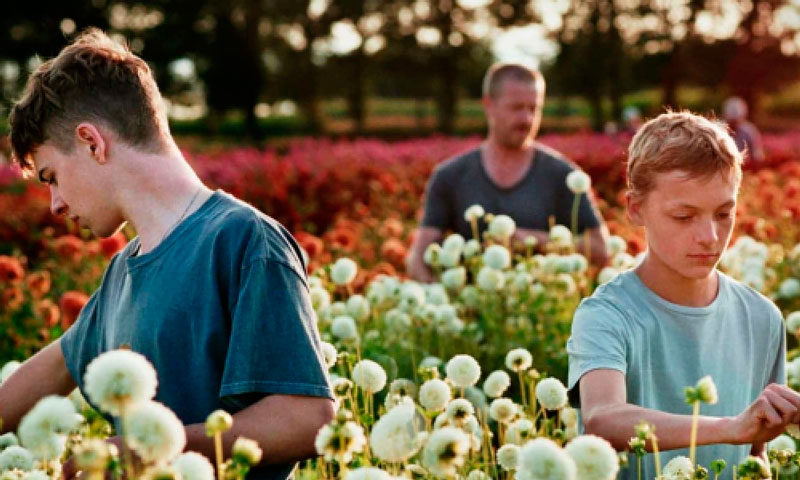
In what seems like an endless summer, in which the colours of the flowers grown by Léo’s parents envelop them, they both invent games, create their own worlds and the affection that unites them shines in their every glance and gesture, as much as in their words. The extraordinary closeness and intimacy between them is described as a state of grace within the bubble of affection that envelops them. It is the first summer, within the seasons that will mark the rhythm of the film and, like a paradise, it is described by the director.
Instantly, as with Girl, we are seduced by its protagonists, by their sweetness and, in this case, by their imagination. Léo invents stories for Rémi, loves listening to him play the oboe and absolutely admires him. The camera seems to focus solely on the eyes, the gaze, especially Léo’s, so limpid and innocent. At the end of the summer, the new school arrives, the two friends remain inseparable in their new experience until some classmates make a comment, with no apparent malice, that turns their lives upside down. The turning point of the film comes at that point that shatters the magic. In what is one of the most important scenes of the film, Dhont films with great talent the reaction of the children, bewildered at first, denying and explaining something that had never crossed their imagination. The most affected is Léo, whose vehemence contrasts with Rémi’s apparent passivity.
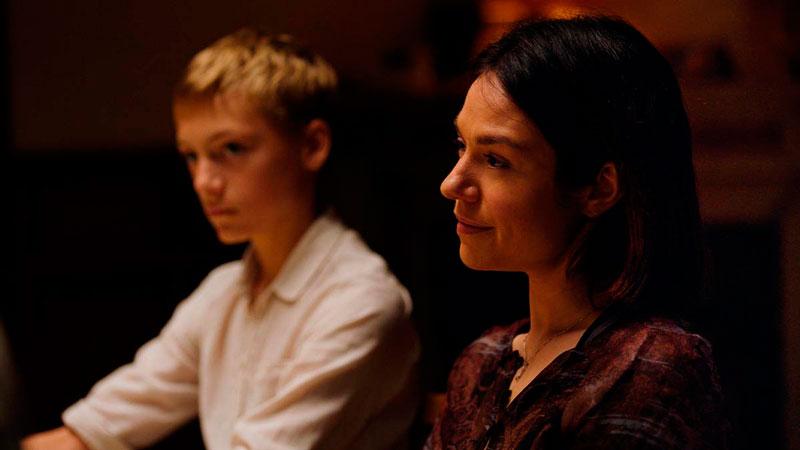
The director doesn’t want us to misinterpret the girls’ attitude as bullying and doesn’t let us look beyond shock and surprise. It is on the reaction of the friends that the rest of the story pivots. This will be the disruptive instant that, in a few minutes, marks the end of childhood, of innocence, of blissful ignorance of the rest of the world, and of enchantment. Dhont’s subtlety forces us to feel the anguish that grips Léo, his inner struggle, the debate between his feelings for Rémi, and the distortion that the inclusion of a new perspective on their relationship brings.
For the first time, there is the gaze of another, someone other than a family member, someone who knows how close they are and encourages it. The change in the educational cycle, of school, is a milestone chosen by the director to mark a passage between childhood and adolescence, in which the world expands and puts us to a test. Lara’s transition in Girl reaffirms her and makes her impatient, but for Léo, in Close, it will be a factor of insecurity that will force him to make changes in his life. While Rémi cannot hide his anger and pain. Dhont is also not interested in delving into the nature of the feeling between them, because it is the fragility of their emotions and their fear of not being accepted that he wants to show.
From then on, the second half of the film becomes a hell of coldness and pain, a long winter of mourning, in which Léo will be weighed down by remorse as much as he will feel the emptiness of absence. Aesthetically, the colours once again mimic the emotions and the rhythm evolves from the fluidity of the running among the flowers to the dry clicks of the hockey sticks on the ice. The director had captivated us and we would have liked not to leave this innocent and warm Eden, but he drags us into a risky via crucis, where sentiment and sentimentality could be too close.
Lukas Dhont gives a moving performance by the children in Close, which brought tears to the eyes at its premiere at the Cannes Film Festival, but also by their mothers, played by Léa Drucker and Émilie Dequenne (Rosetta) in a beautiful film whose atmosphere brought to mind another film that has gone down in history for its exquisiteness, William Wyler‘s The Children’s Hour (1961), based on the play by Lillian Hellman, who also adapted the screenplay. The young Belgian director’s film is definitely a confirmation of his great talent.

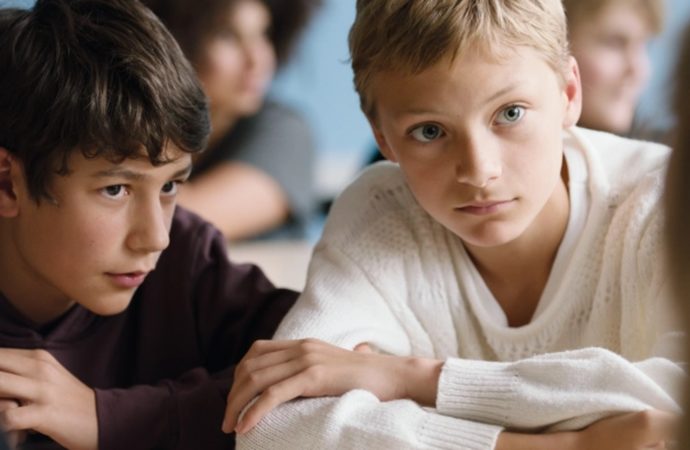

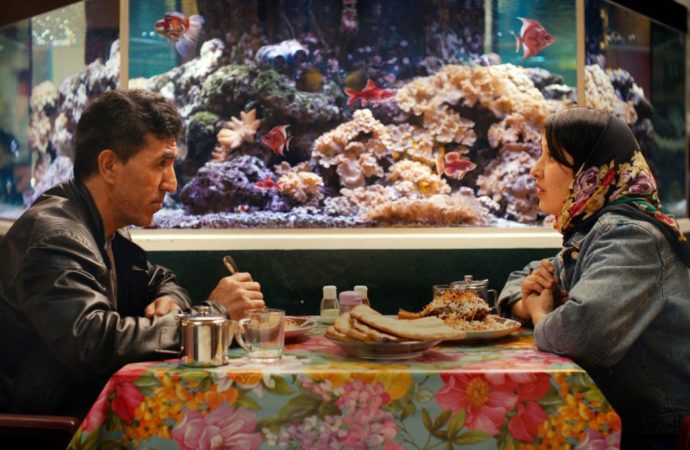

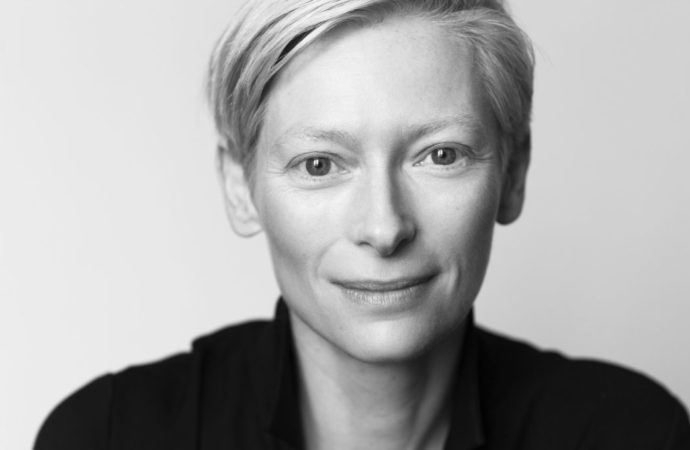
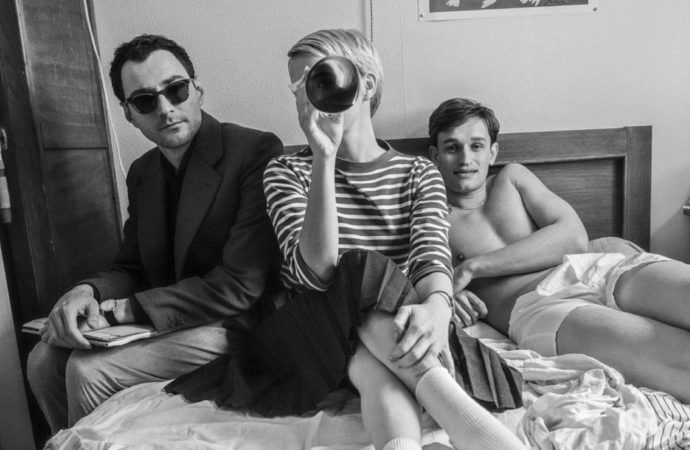
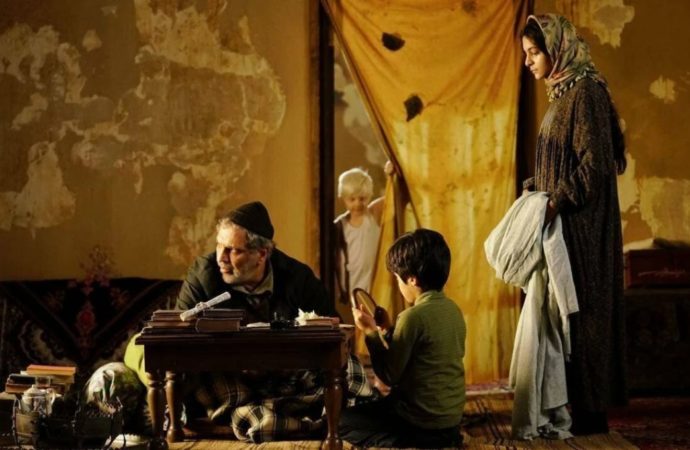
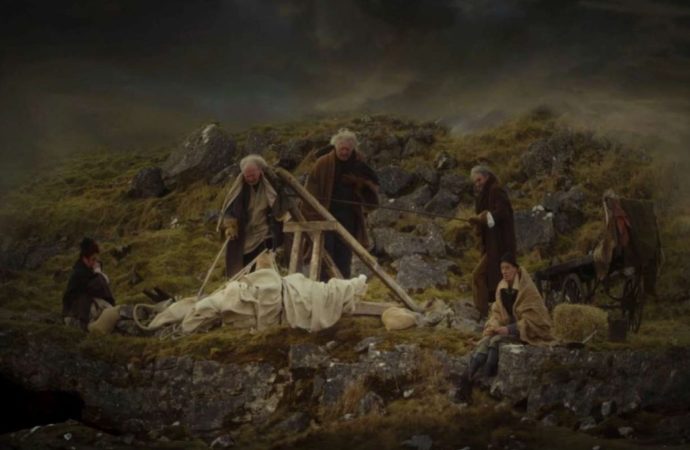
No one has posted any comments yet. Be the first person!